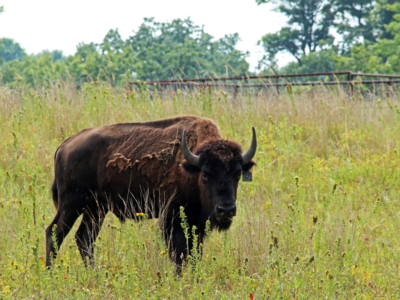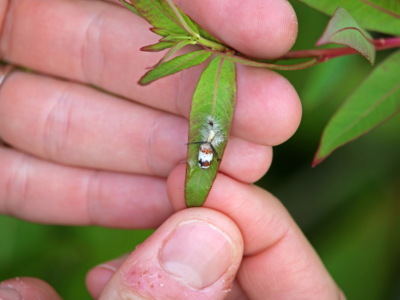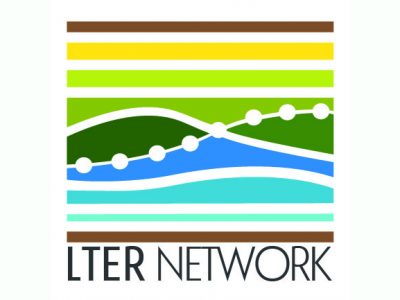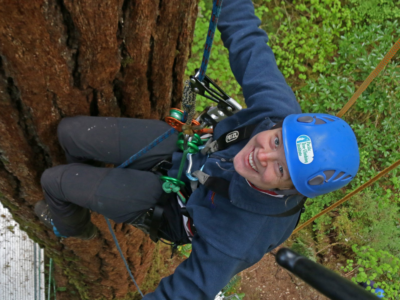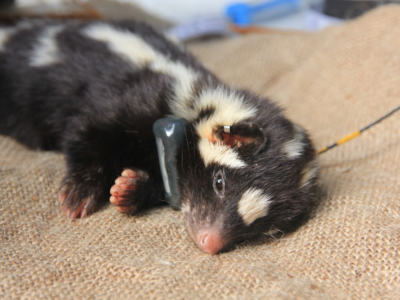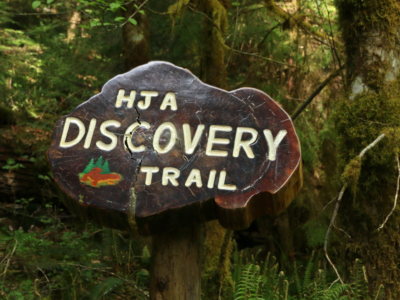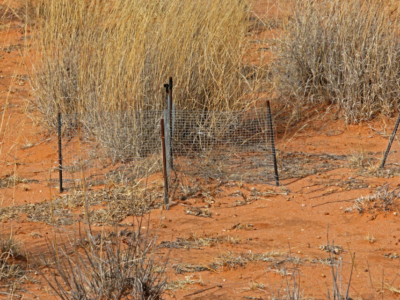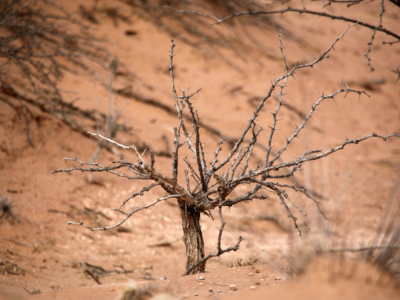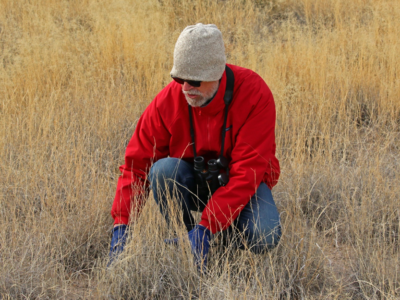LTER Road Trip: Answering Biodiversity Questions with Big Bio
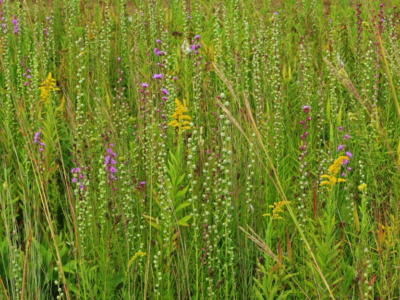
In my basic college ecology class, we spent an entire chapter discussing biodiversity. In the environmental field, there are a few bedrock principles we often take for granted: one, more diversity is good; two, biodiversity leads to more resilient ecosystems; and three, biodiversity should be a goal for land managers. But how do we actually… Read more »

